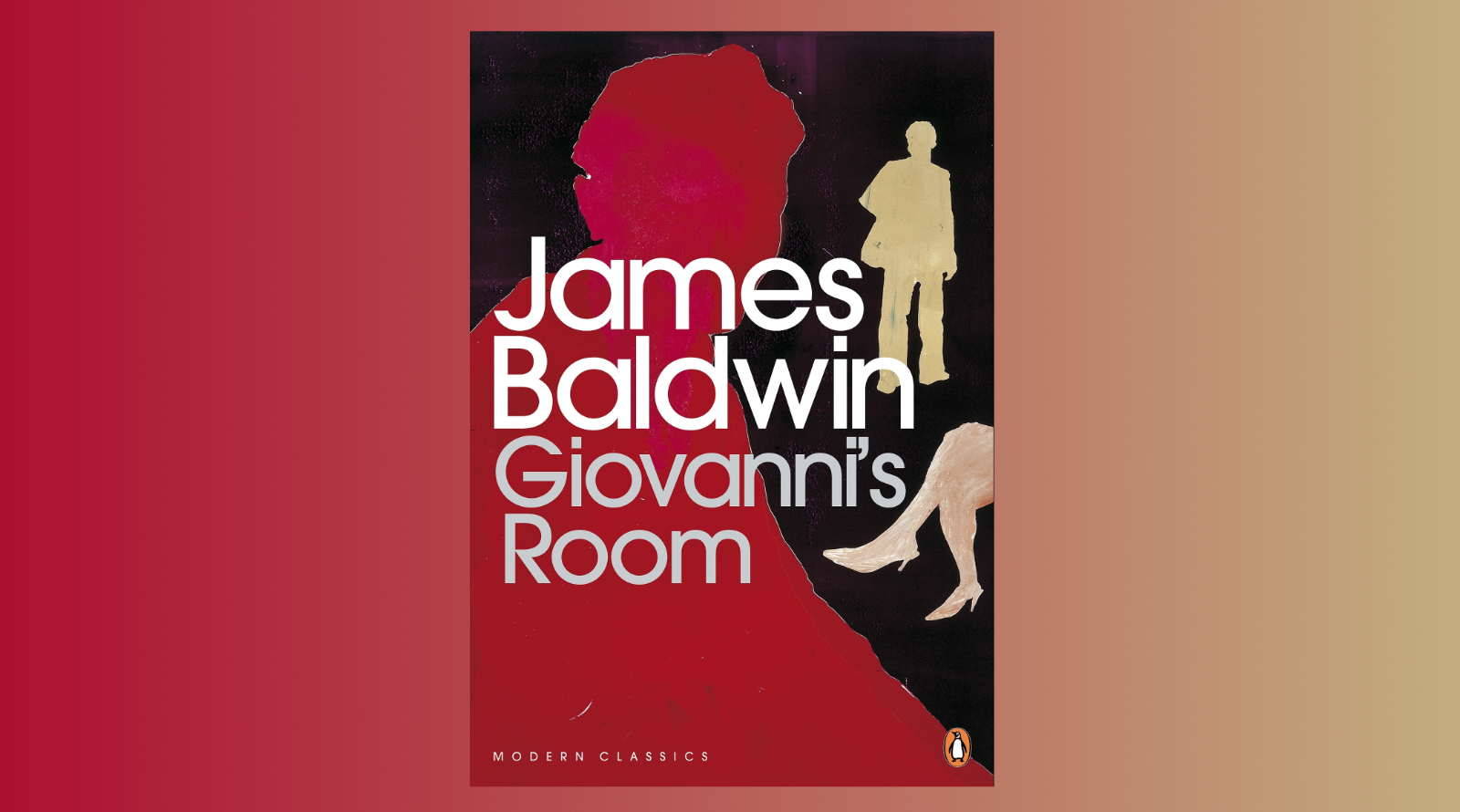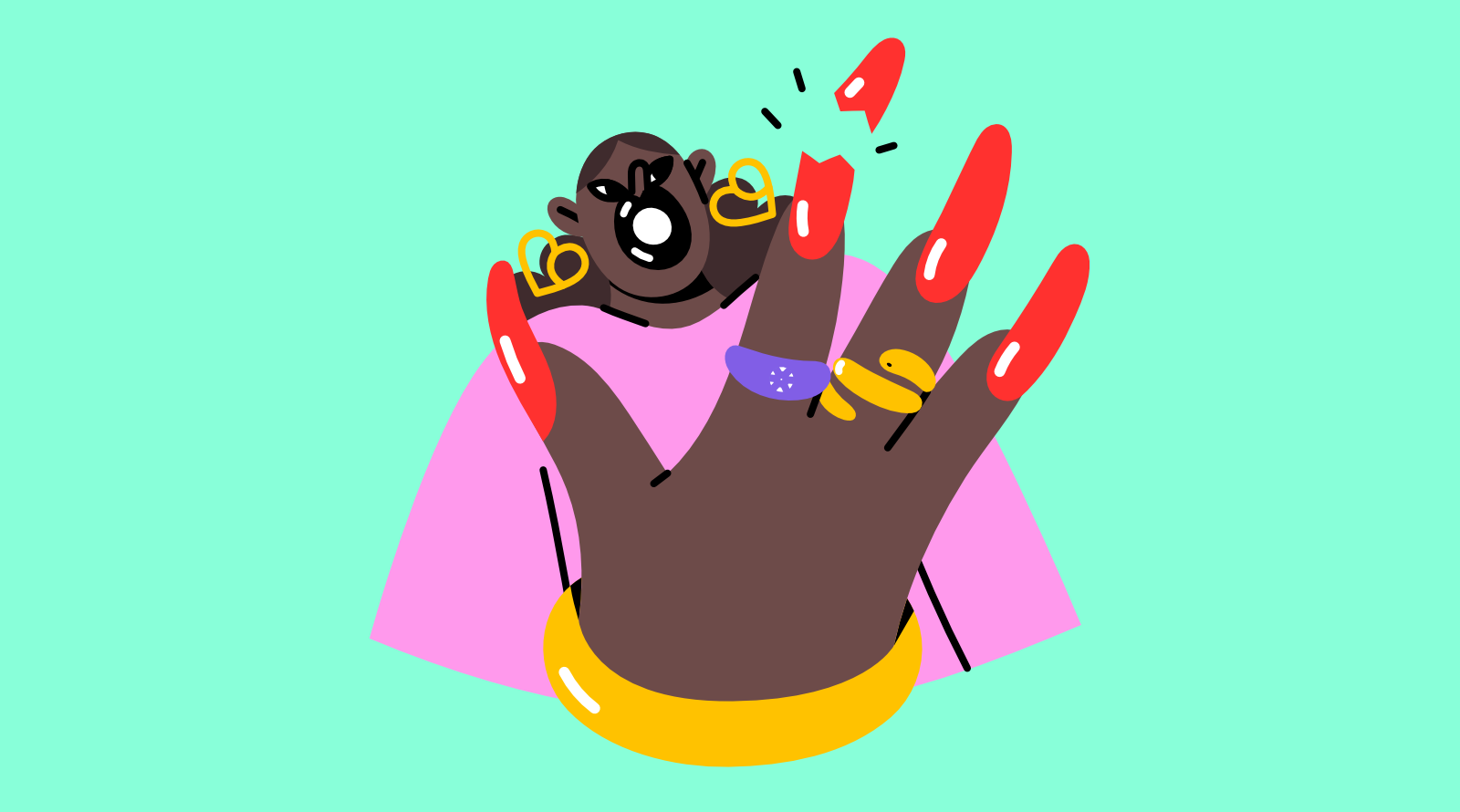Editors note: contains mentions of suicide, police brutality, and lynchings.
James “Jimmy” Baldwin is one of the most prolific writers to ever live, and it is safe to say that he is one of my favorite, if not my favorite, writers (apart from Akaweke Emezi and Fyodor Dostoyevsky). Why? Because I know, without question, that I can pick up any book by James Baldwin and that it will stun me, shock me, heal me, and score me raw, in the best way, to my very core. Of his massive oeuvre, I have read Giovanni’s Room (1956), Another Country (1962), Tell Me How Long the Train’s Been Gone (1968), If Beale Street Could Talk (1974), Going to Meet the Man (1965), and The Devil Finds Work (1976). There are many more of his books I have yet to read.
Recently, reading Rainbow Milk (2020) by Paul Mendez—a semi-autobiographical novel about a gay male West Indian sex worker in London—reminded me of the themes of sex work in James Baldwin's novels Another Country and Giovanni's Room. Jesse McCartney, the main character of Rainbow Milk, name drops these books specifically in his own meditations on encountering sex work as a Black man. Whether James Baldwin himself participated in sex work or not, who can say—he certainly spoke at length in interviews about how prostitution was everywhere around him growing up in Harlem and during his returns to the United States of America from his years spent abroad in Europe. He captures details about sex work in his stories, grounded in the realities of what it meant to be a queer person or a Black person in the 1950s - 1970s, which feel very real. In this conversation with Maya Angelou (I am unsure of the date, but the vibe gives 1960s-1970s) he speaks about how his family helped pay for him to relocate to Paris because, in part, they didn't want him to end up to be a prostitute like so many others from his neighborhood. Yet in ‘Meeting the Man: James Baldwin in Paris’, a documentary made about him, he says that he only came to Paris with $40 USD in his pocket: “I don’t know how I lived. I sold my clothes, I remember that. I sold my typewriter, I remember that… I hit the streets, of course. I can’t describe—anyone who’s been there, knows what I did. Anyone who hasn’t, then I cannot.” This, to me, as a sex worker, rings quite clearly. You do what you have to do.
"I hit the streets, of course. I can’t describe—anyone who’s been there, knows what I did. Anyone who hasn’t, then I cannot."
At the very least, sex work was very present on his mind in some of his writing—understandably so, as sex work across genders was an open and public fact of African-American urban life in Harlem, New York between the 1950s - 1970s. It has been some years since I read Another Country and Giovanni’s Room, but the sex work narratives from those books have always stayed with me. The overarching sense of the two characters who experience sex work in the texts—Rufus from Another Country and Giovanni from Giovanni’s Room—is one of desperation. It matches the real-life tenor of Baldwin’s world from his youth, given that Rufus’ demise is based on the death of Baldwin’s best friend at 24. In this interview, Baldwin said, “I was sure I was going to be next… from despair, from rage… you get to a point where you have to battle so often that’s all you can do… you begin to hate everybody, which means you hate yourself. And when that happens it’s over.” In the same interview, he stated that he wished to write the novel Giovanni’s Room to make sense of his own feelings of being “tormented and frightened” about his own bisexuality/homosexuality.
Rufus, when we meet him in Another Country, is at rock-bottom. He is effectively homeless in New York City, wandering the streets, has not eaten for some time, and is ashamed of his own odor from being unable to wash. Once a burgeoning jazz musician, a series of events from the overarching pressure of being a Black man within the racism of the United States of America and his own repressed issues have brought him to this point. Rufus is not a hero—through a series of flashbacks, we learn that he was physically abusive to his white girlfriend which resulted in her being committed to a psychiatric institution. Yet when we get to know him at first, it is hard not to feel sorry for him. He is a Black man accustomed to hiding his bisexuality due to misogynoir, at his wit’s end, now in a state of total desperation. After entering a restaurant and engaging with a potential client—a white man—Rufus secures a sandwich (his first meal in many days) and faints at the first mouthful. In concern, the restaurant owner pours him a whiskey, which steadies him. Despite this health issue, the client tries to make Rufus come back home with him for sex as payment for the sandwich. Suddenly, Rufus tires of it all and begs the white man to just let him go without having to sleep with him. The client complies, and shortly after this, Rufus commits suicide by jumping off a bridge.
Sex work across genders was an open and public fact of African-American urban life in Harlem, New York between the 1950s - 1970s.
Giovanni’s Room, comparatively, is more famous than Another Country; not only because it openly dealt with romance—rather than just sex–between two men, but also because the main characters are white. He would write from a white perspective again in the short fiction collection Going to Meet the Man years later, and create my favorite piece of writing by James Baldwin so far, the eponymous short story Going to Meet the Man in which the main character Jesse is a racist white cop who witnessed a lynching as a child and can only become sexually aroused by harming Black people. Notably, the white cop in this story speaks about how he targets Black female sex workers and Black female civilians with his power as a cop to force them to give him blowjobs. In his own words, Baldwin’s decision to effectively out himself as gay by writing Giovanni’s Room meant, “...nobody could blackmail me. I had no secrets. You can’t tell anyone, I told you.”
Like the main character David, Baldwin lived in France as an American expatriate. Giovanni, the doomed beautiful Italian man whom David starts an affair with in Paris, is effectively preyed upon by his former boss—Guillame—when Giovanni goes to beg for his job back. Prior to this but after he and David’s separation, Giovanni is seen in the company of an older wealthy gay man with an implication of his now being a sugar baby. Guillame is described as a kind of lecher, who employs Giovanni mainly because the bar’s gay clientele are all fascinated and attracted to Giovanni. It seems from the narrative that Guillame insisted that Giovanni sleep with him in exchange for getting his job as a bartender back, then rescinded the job offer post-coitus, and Giovanni then murders Guillame out of rage. Giovanni is later arrested for the murder, and sentenced to death.
Why are these male sex workers doomed in Baldwin’s world? Perhaps this was Baldwin’s viewpoint on what it meant to be a bisexual man—and a Black man, in general—struggling to make a living in the 1950’s and 1960’s: doomed. He said himself, “I asked my brother, ‘I wonder what would have happened if I had stayed,’ and my brother said ‘You would be dead, everyone else is.’” Held in common between Rufus and Giovanni are their bisexuality—Giovanni was married to a woman, but separated— their struggles to maintain employment; their distance, both physical and emotional, from their biological families; their deep sense of loneliness and isolation in the world; and their catastrophic—to the point of being deadly—financial troubles.
Why are these male sex workers doomed in Baldwin’s world?
I wonder how much of these characters reflect Baldwin’s own experiences, as a bisexual/gay man or as a possible sex worker; I know that they certainly reflect his observations of life for Black people and gay men at the time of his writing. From what I know from my own Black family heritage in New York, especially between the 1950’s - 1970’s, you were lucky if you made it out of “street life” as it was known, and that many people were “hustling” in all kinds of ways to make ends meet. Even Rufus’ sister, Ida, begins an affair with a white entertainment executive in the second half of the novel as an exchange for him helping her career as an entertainer; how many of these formal and informal sexual exchanges with white people were necessary in Harlem for Black people to survive?
The reality of being a Black man in the 1950’s and 1960’s in New York was to face continual unemployment due to job discrimination and reduced employment opportunities following the end of World War II, and the reality of being a queer Black man meant having to hide aspects of oneself at home in the Black community and outside from whites. At the same time, the realities of Black men performing sex work for white male clientele in that period seem to have been an open secret. Even Malcolm X, whom James Baldwin described as a dear friend, dictated to Alex Haley in his autobiography how during his days of myriad hustling in the 1940’s/1950’s, he would be called to go uptown to service wealthy white men—in one instance, to sprinkle talcum powder over a naked white man as a form of sexual service. At any rate, the fact that both of these sex worker characters meet a terrible end feels far from whorephobia or any kind of oversight on Baldwin’s part from my eyes; I feel instead that he was making a comment on the reality of his times, on the reality of being a marginalized person in the world, in the same beautifully brutal terms he always does.
Are you a sex worker with a story, opinion, news, or tips to share? We'd love to hear from you!
We started the tryst.link sex worker blog to help amplify those who aren't handed the mic and bring attention to the issues ya'll care about the most. Got a tale to tell? 👇☂️✨





